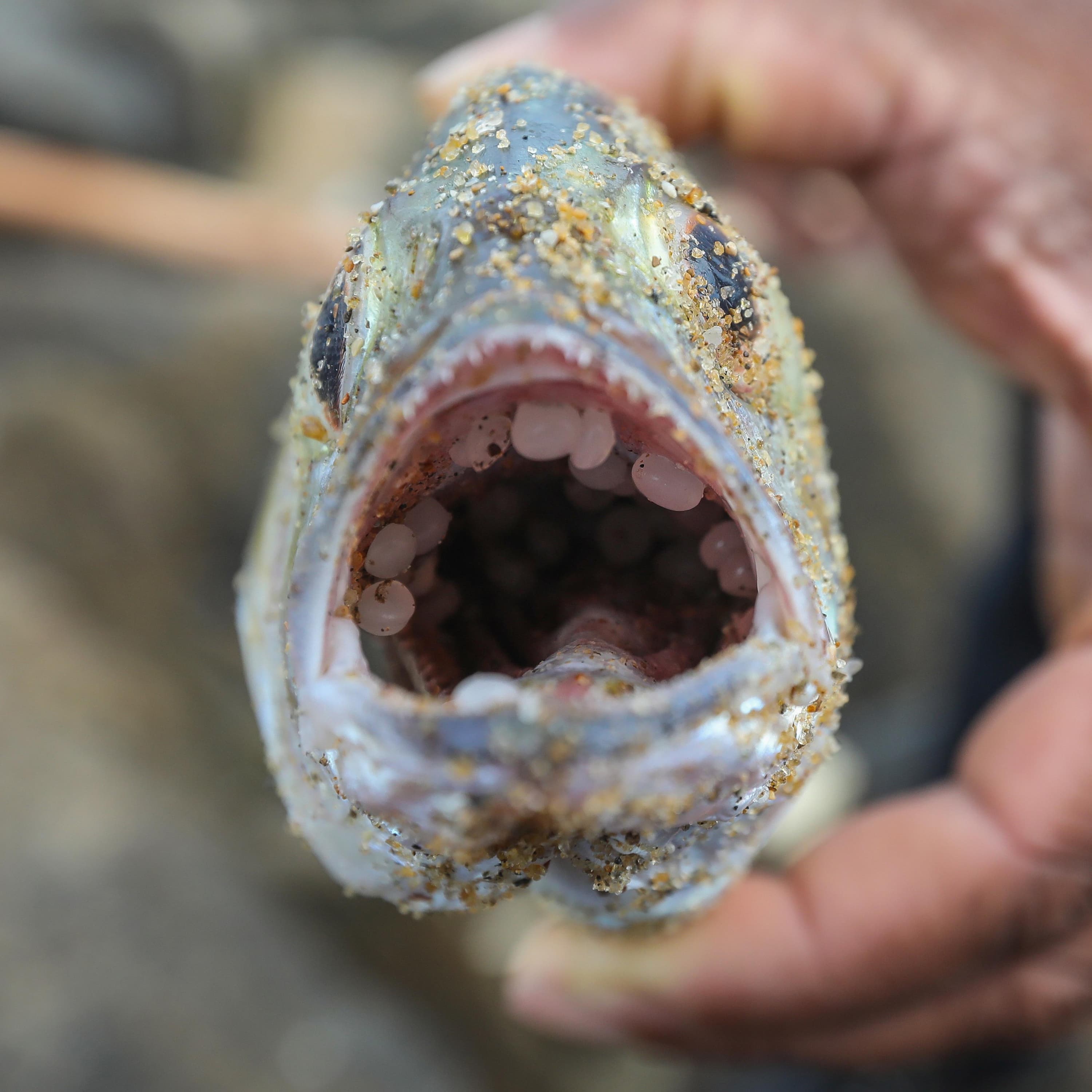
Egg-freezing just got more attractive – but is it worth it?
Loading player...
Earlier this month the government announced it will extend the storage limit for those freezing their egg cells from 10 to 55 years. Over the past decade there has been a rapid growth in egg freezing, reaching 2,400 cycles in 2019, and the new rules will allow more freedom in choosing when to freeze – and unfreeze. But, as an expensive, invasive and often unsuccessful procedure, it certainly isn’t the fertility-preserving guarantee that most wish for. Shivani Dave asks if the process is really worth it for those wanting to conceive at a later date. Help support our independent journalism at theguardian.com/sciencepod




